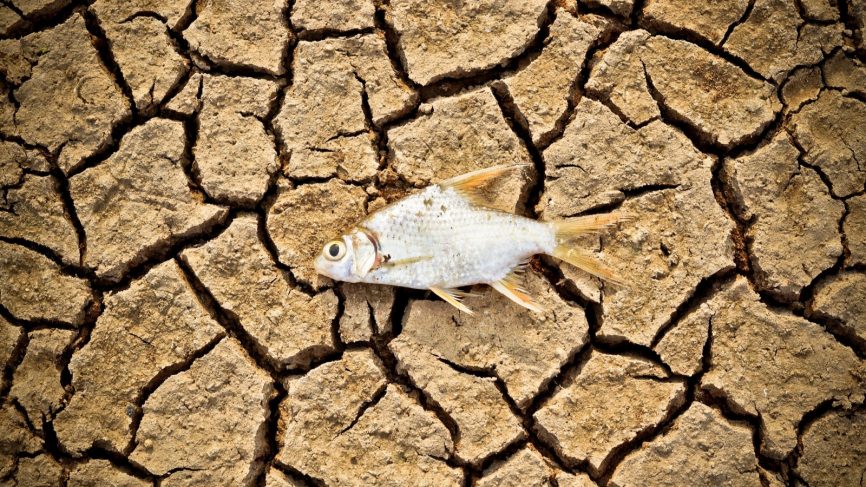NO WATER.
NO LIFE.
NO BLUE.
NO GREEN.
“When the well is dry, we know the worth of water.”
These words by Benjamin Franklin are warning us about the future scenario which we are running towards with full speed. People are unaware of the fact that water is the driving sources of nature.
The earth is now facing many problems such as climate change and droughts, and all of them result from human activity. Water scarcity is one of the biggest challenges because safe drinking water is reducing day by day, year by year. Even though we are so close to complete disappearance of water from many major cities yet people haven’t realised it’s importance. According to reports by 2020, 21 major cities are set to face similar problem of water scarcity, scarcity of drinking water including Delhi, Bangalore, Hyderabad etc. People are not realising how bad is the water crisis in India.
We are valuing land more than water, neglecting our local water bodies, which have either gone dry or encroached. Also, in many Indian cities, distribution of water is not proper. Some areas of major cities like Delhi and Mumbai are privileged to get more that than the standard municipal water norms of 150 litres per capita per day (lpcd) while other areas get 40-50 lpcd.
Not only distribution but dripping water from tanks while transporting water from one place to another, dripping water from public taps and public washroom and municipal water wastage is a very common sight.
There are certain acts, rules and regulations passed by our Indian parliament with the aim of prevention and control of water pollution and wastage of water in India.
Water (prevention and control of pollution) Act, 1974 is a comprehensive legislation that regulates agencies responsible for checking on water pollution and ambit of pollution control boards both at the centre and states. This act was adopted by the Indian parliament with the aim of prevention and control of water pollution in India. Under this water act, 1974, sewage or pollutants cannot be discharged into water bodies including lakes and it is duty of the state pollution control board to intervene and look into such matters and also to stop such activity. Anyone failing to abide by the laws made is liable for imprisonment under section 24 and section 43 ranging from not less than one year and six years along with monetary fines.
There had been many case laws related to water dispute. One of Landmark case is Subhash Kumar vs. State of Bihar- (1991) 1 SCC 598, in this case Supreme court held that right to life is a fundamental right under article 21 of the constitution and it include the right to enjoyment of pollution free water and air for full enjoyment of life.
Water is very precious for existence of a healthy life, but still it is getting wasted and reduced with full speed. The very recent after effect of water wastage has been seen in one of the metropolitian cities. Chennai recently experienced a setback when all the four reservoir that used to provide portable water in the entire city dried up and now the conditions are so severe that tonnes of water is being transferred from other cities to Chennai through railways and other means of transport. Families in Chennai are paying thousands of money on daily basis just to satisfy their daily requirements, fulfill their daily water necessity and to get portable water.
Before it gets too late people should realise the importance of every single drop of water.
As groundwater level is getting reduced year by year, people should take initiative in order to reinstate the groundwater level. Better methods should be adopted in order to increase the groundwater level. People should make usage of water more effectively. Government should take more initiative and should make better plans for proper usage of water. Necessary actions should be taken in order to improve the situation instead of just denying the existence of this major issue.
More plans need to be adopted like our honourable chief minister of Delhi has taken. Chief minister Arvind Kejriwal in july 2019 has decided to test water harvesting plan in Delhi. He said that Delhi government will take lands belonging to the farmers on rent for rainwater harvesting.
More rain water harvesting plans like these needs to be adopted for increasing ground water level.
People need not to protect the environment but they need to create a world where the environment doesn’t need protection.
What we can do on our part is, to pledge zero wastage of water from our side. Every tiny precaution will contribute. But first we need to urge the government to take this issue more seriously and declare this situation as a national environment emergency.
By – Saumya Singh



